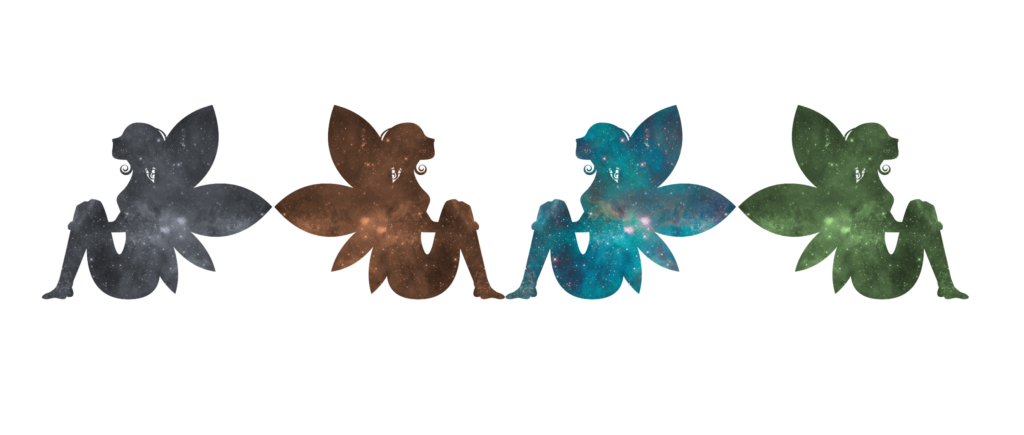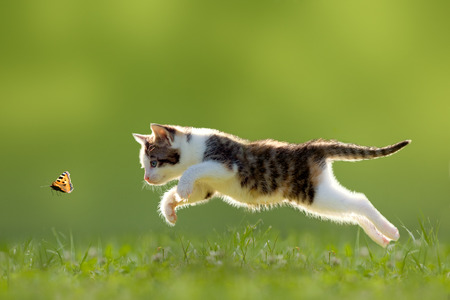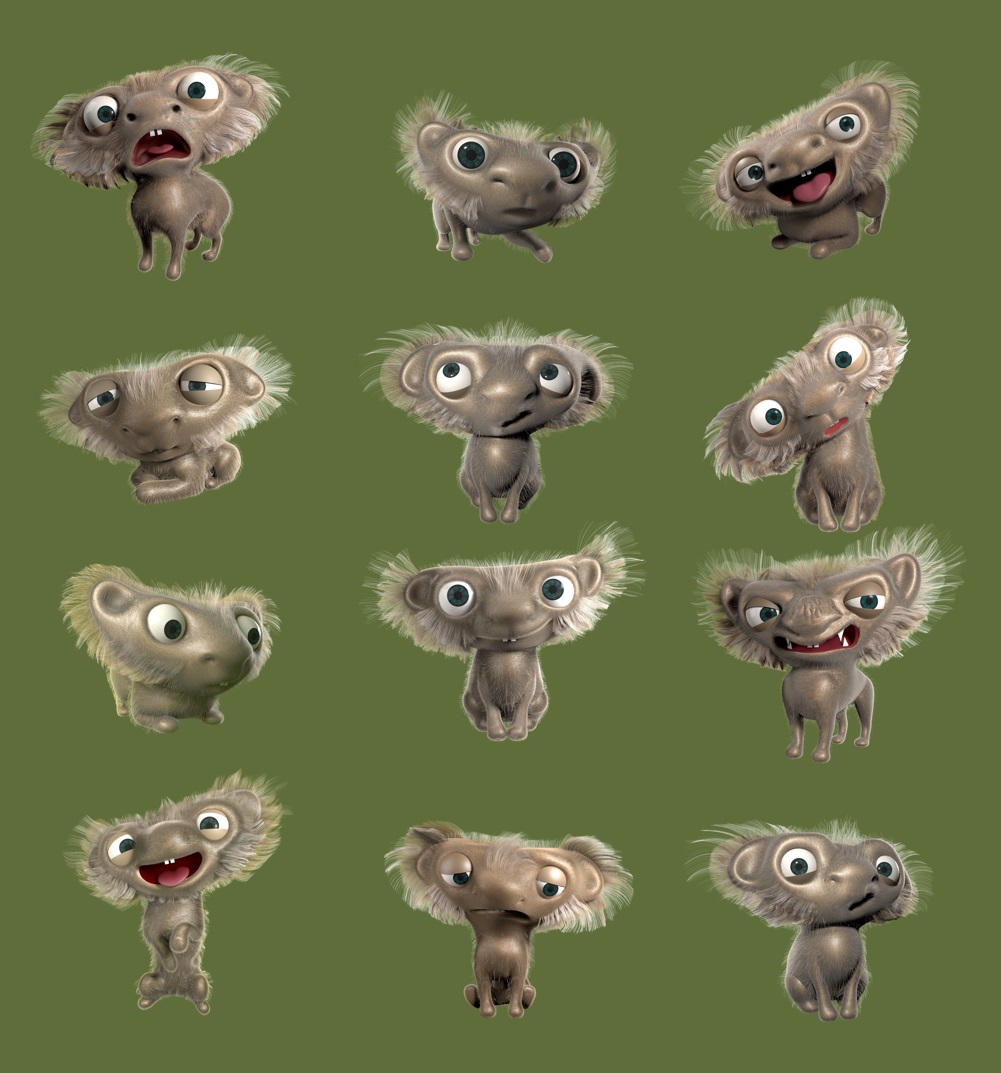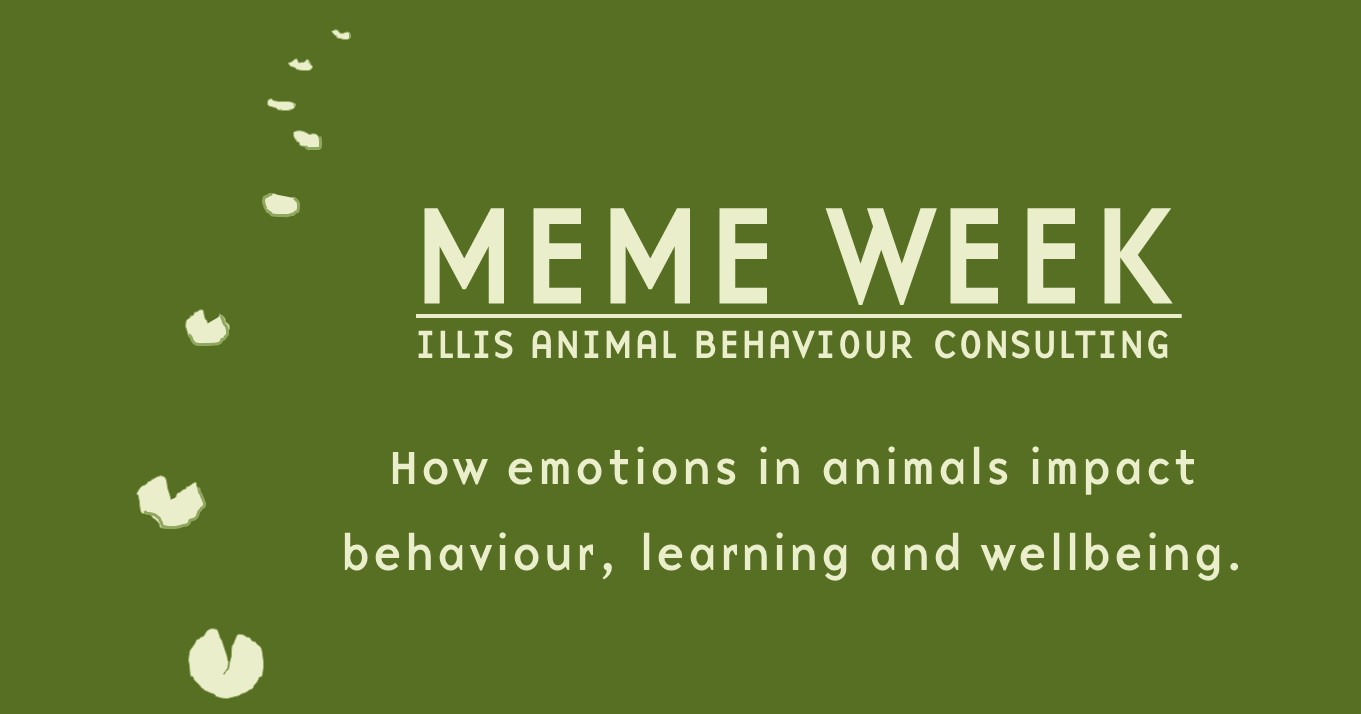Updated August 2023
Once upon a time there was a princess.
She was quite furry and partly covered in scales, and also had a beak, and so she was named Animal.
Her last name was Welfare.
Animal Welfare had four fairy godmothers, who all gave her precious gifts.
The fairy godmothers came from different scientific realms, and they were called Applied Ethology, Veterinary Medicine, Affective Neuroscience and Applied Behaviour Analysis – and each of them offered priceless, irreplaceable gifts to Animal Welfare.
And here’s the twist of this fairy tale:





